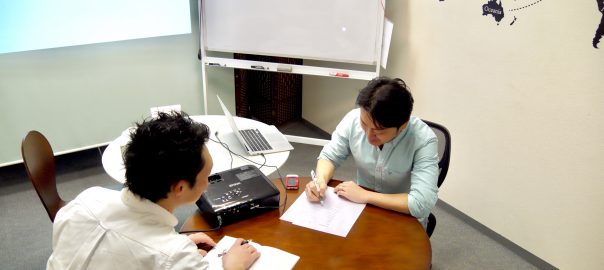Good day!
Make sure that you’re updated with the news, especially today as the PM might release a statement regarding the extension of the state of emergency!
ー初めにー
Today’s Riddle:
If your answer was “one”, then you got it right!
Why?
Every daughter considers their one and only male sibling as their brother, so simply put, all of them only has one brother!
For this week, here’s the riddle:
“What has many keys but can’t open even a single lock?”
*Hint
Some of the most famous people who have used this are Beethoven and Chopin!
ー続いてー
Today’s Conversational Point:
Today’s topic might be a little tricky! I will try to explain what “sarcasm” is. A very simple meaning of that word would be using remarks or comments that mean the opposite of what you say for the purpose of either hurting someone’s feelings or being funny. This is heavily used in casual conversations and here are a couple of examples you can use them both in Japanese and English:
- When the weather is terrible, you would comment, “Nice weather we’re having!” or 『いい天気ですね!』
- When someone complains about something small or trivial, you would say, “I’m sorry for your loss.” or 『ご愁傷様。』
- When someone gives too much information that you didn’t want to know, “Thank you so much. I’m full now.” or 『ごちそうさまでした。』
- When someone tries to scare / bluff, but isn’t actually scary, “Oooh, so scary” or 『いや、怖いー』
These are some situations and phrases that are natural in English and I’m assuming that they are too in Japanese. I hope this helps!
ー最後にー
Today’s Column:
http://www.bbc.com/travel/story/20200430-where-lockdown-is-an-annual-tradition
Right now, most countries in the world are under a lockdown/state of emergency, which means that we have to stay indoors. However in the island of Bali in Indonesia, they celebrate an occasion called “Nyepi” or “Silent Day”, where the Balinese spend an entire day at home. They spend time with their families and they stay away from their phones, laptops and televisions and some of them even fast. The airport in Bali is also closed with respect to the same occasion.
If you have time, give the article a read and for those difficult words, I suggest referring to dictionary.com for simplified explanation.
Remember to take care of yourself!
Ryo

